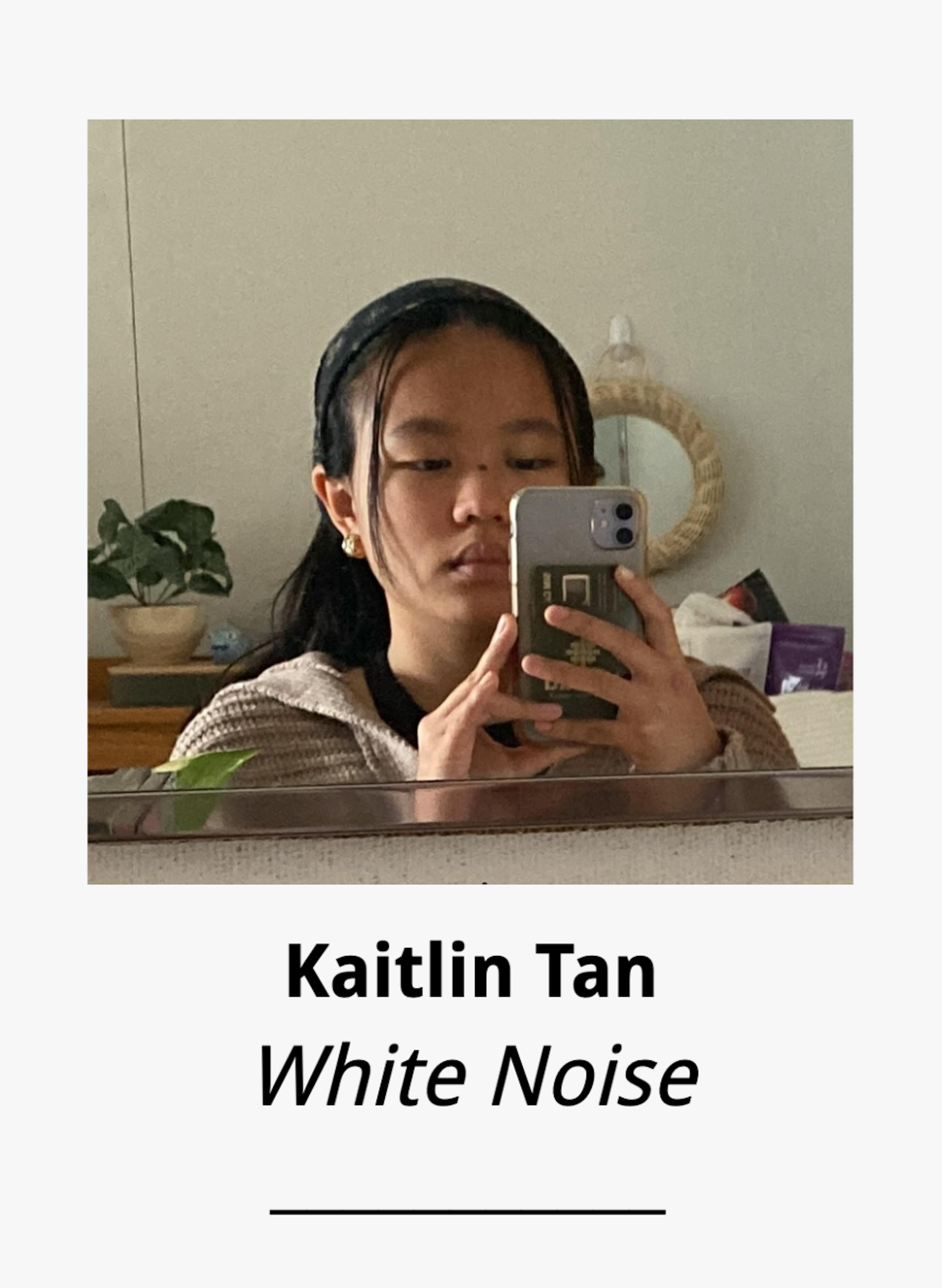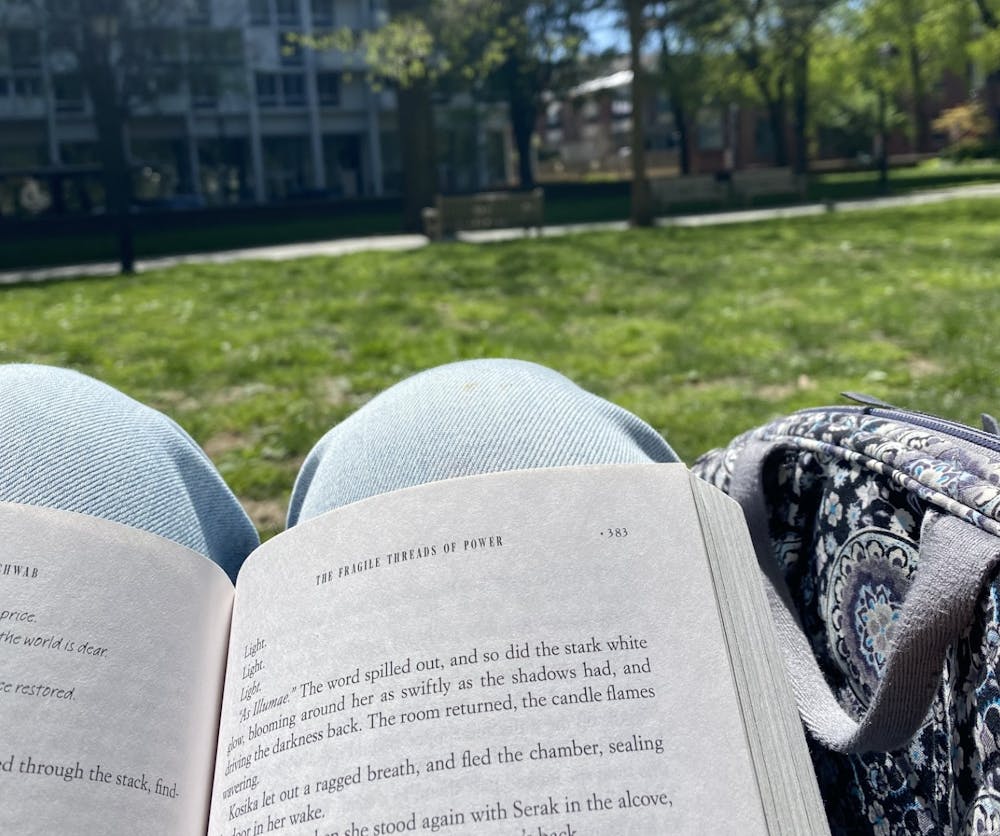
More often than not, I’m thinking about writing fiction. And, despite this column’s partial intention of being a way to document whatever’s been persistently floating around my mind, I realize that I’ve never written about writing. How odd.
Maybe it’s because writing has always been so personal to me — a way of thinking without thinking, feeling without feeling. I rarely plan what I’m going to write in my fiction because I never quite know what it is I want to say. It’s through the writing that I allow myself to think things through, and in editing, I’m able to look back and see what needs saying. I can’t tell whether this is ideal.
After moving to college, it was only far into the spring of my freshman year that I realized all of the stories I’d written at Hopkins were about going, or finding, home. Any method that I tried to continue my pre-college writing projects found the success of choking on a large pill. I was in a different mindscape. I couldn’t keep writing as the person that I was.
As I was drawn further away from homesickness and into muddling confusion, it was hard to write at all. As a (perhaps overly) sentimental person, I soon found it equally hard to leave home for Hopkins and to leave Hopkins for home. Either way, I felt I had too much to lose. Time spent in one place was time taken from the other, so there was this honest grief that followed every departure. What came of my writing sophomore year didn’t quite feel like me. My fiction felt like an uncomfortable mirror for uncertainties that I wasn’t ready to face. And, ironically, nearly everything I wrote was just shy of a clear plot.
I don’t know what my writing looks like today. I suspect I won’t until some time.
Something I’ve been thinking about lately is uprooting old programming. Perhaps thanks to my close circle of computer science and computer engineering friends, I’ve started to think of my mind as old software in need of a new update. There’s this one writing project that I’ve been working on for a while. Lately (and by lately, I mean for the last five years), I’ve felt stuck.
I used to think my fiction was the furthest thing from who I was. I would make my protagonists categorically distanced from myself and place my stories in places I’d never been (which wasn’t hard, as someone growing up outside of America, reading stories mostly set in America), rationalizing that my stories were pure escapism. It was only by recently realizing how tethered my fiction is to my person that I’ve started to come to terms with the reason behind this rut: as someone who never plans stories, this project is one that I have planned. This plan was written when I was thirteen years old. A lot has changed since.
It’s no wonder why these plot trajectories feel slightly off, and the character arcs I’ve charted seem a little contrived. My sense of how the world works and how people change is different. There is still heart to the story — which I intend to see through — but, in the meantime, I think I’ll have to rediscover what this piece meant to me and what it can mean now.
This is not at all to say that writing reveals everything about a person as some unbridled form of disclosure or that we can tell exactly who someone is through their work. I think certain periods of time yield certain preoccupations and that writing, like most other choices, is a byproduct of our thoughts.
It's from an observational standpoint that I look back. There have been instances where writing became a time capsule for points in my life — sometimes in obvious ways, other times (most times) buried in details known only by me. This is to say that any of my stories would have been entirely different had they been written in different moments, not just for the writing itself but for what preoccupations they would have carried.
So, what follows, I guess, is this: create whatever it is you feel compelled to create when you feel most compelled to create it. There never is a right time; it is only simple probability that the intention behind what you’re trying to say and its intensity as it compels you will likely carry through to the final piece. Probably. That’s, at least, what I’m hoping for.
In writing this, I’m starting to recall why I never write about writing. It’s messy. It’s somewhat contradictory. But, if it’s the byproduct of select thoughts, which are the outcome of our preoccupations that stem from whatever lot we’ve been handed in life at one given point in life, is it supposed to be neat?
Kaitlin Tan is a junior from Manila, Philippines, majoring in Writing Seminars and Cognitive Science. She is a Magazine Editor for The News-Letter.





